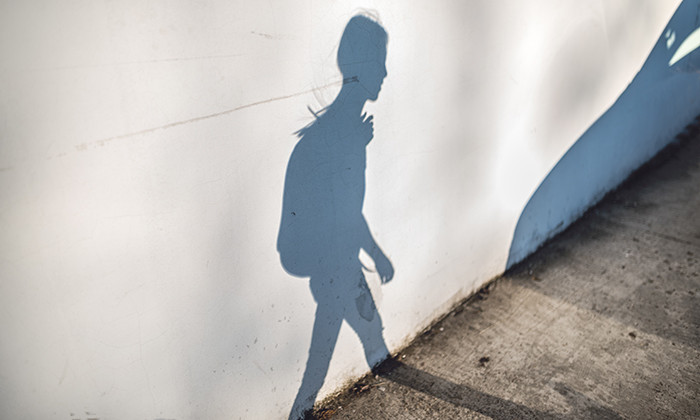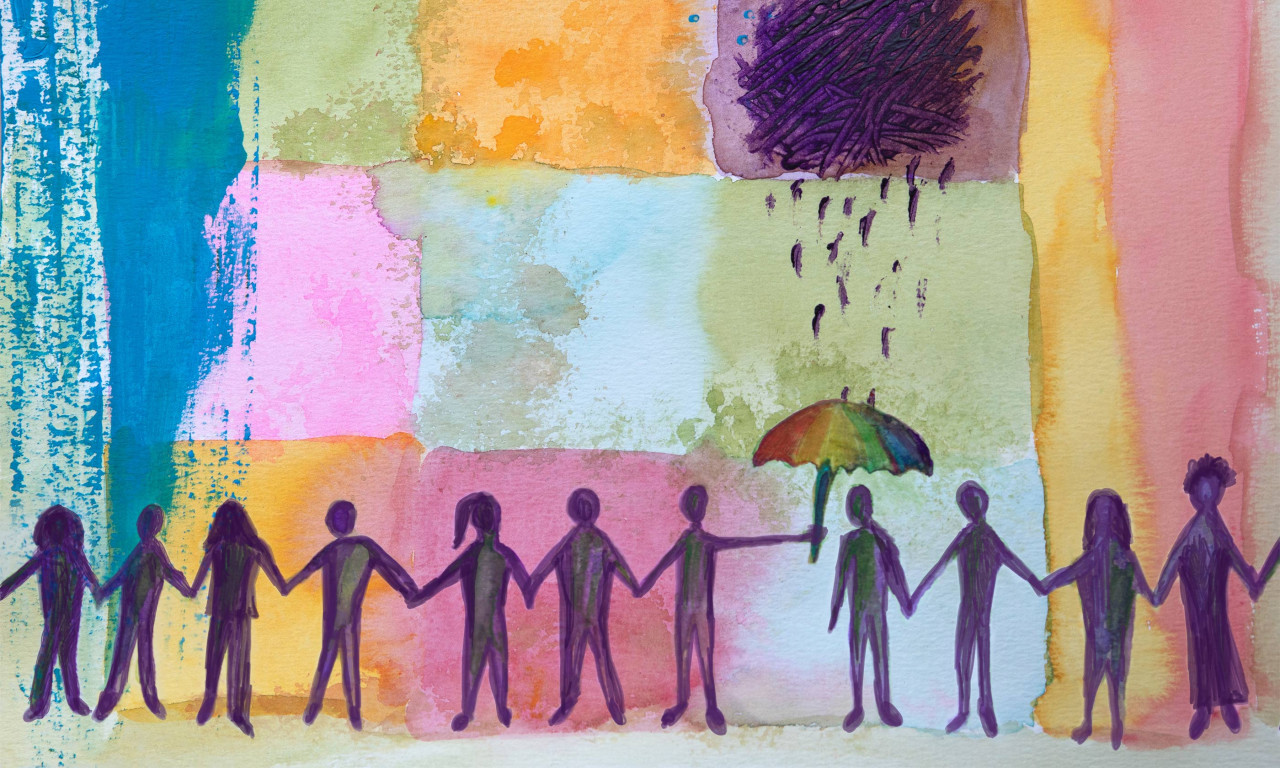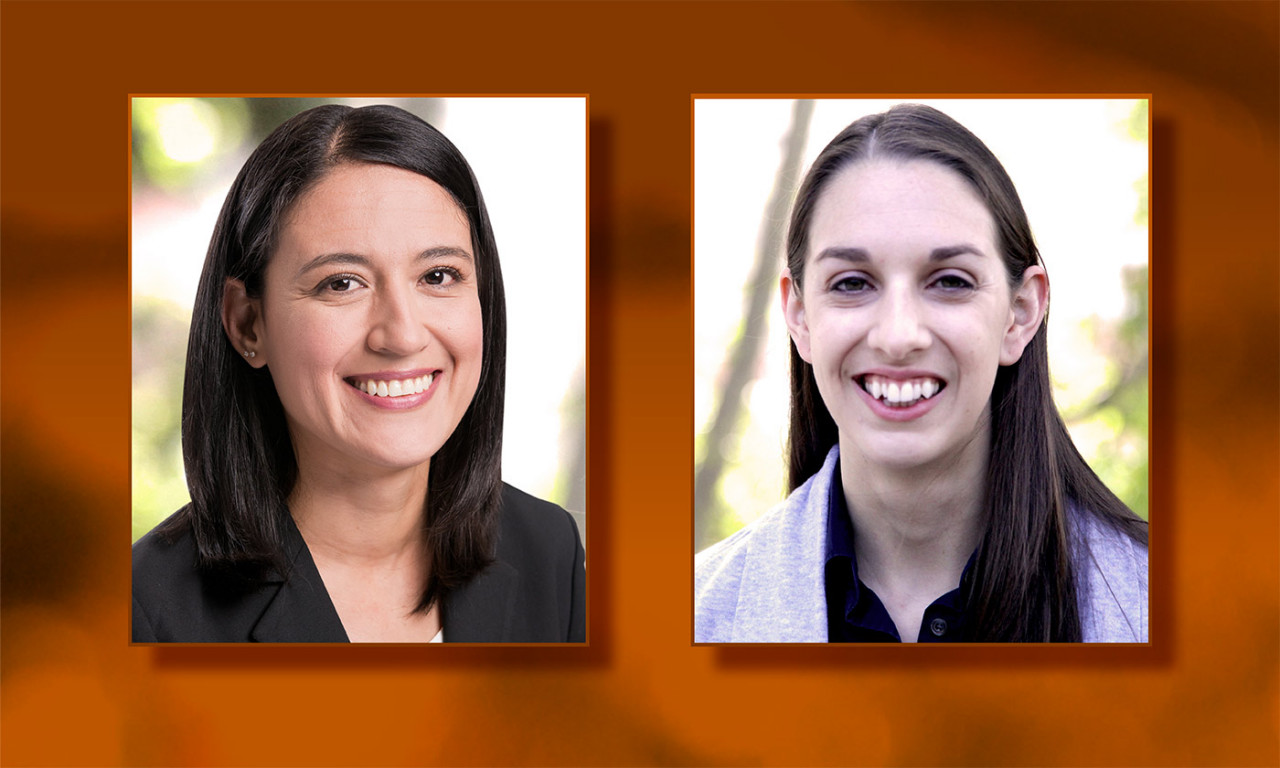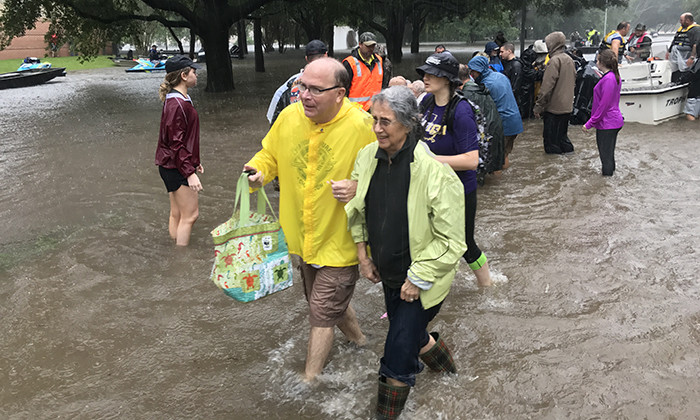Young Lesbian, Gay and Bisexual Adults Have Worse Mental Health than Older Ones
A new study by The University of Texas at Austin and the Williams Institute at UCLA School of Law finds younger LGBQ adults are physically healthier but have worse psychological health than older LGBQ people.
Researchers examined a representative sample of LGBQ people in the United States from three age groups—young (18-25), middle (34-41), and older (52-59)—to assess how physical and mental health differed among the three generations. Researchers compared several indicators, including alcohol and drug abuse, general and physical health, mental health and psychological distress and positive well-being.
Results showed no difference among the groups in substance abuse or positive well-being. However, several differences were noted when data were analyzed by sexual minority subgroups and gender. Bisexual people were more likely to report drug abuse and have less happiness, social well-being, and life satisfaction compared with gay and lesbian people. Nonbinary people reported worse general health, more psychological distress, and less positive well-being compared to women.













